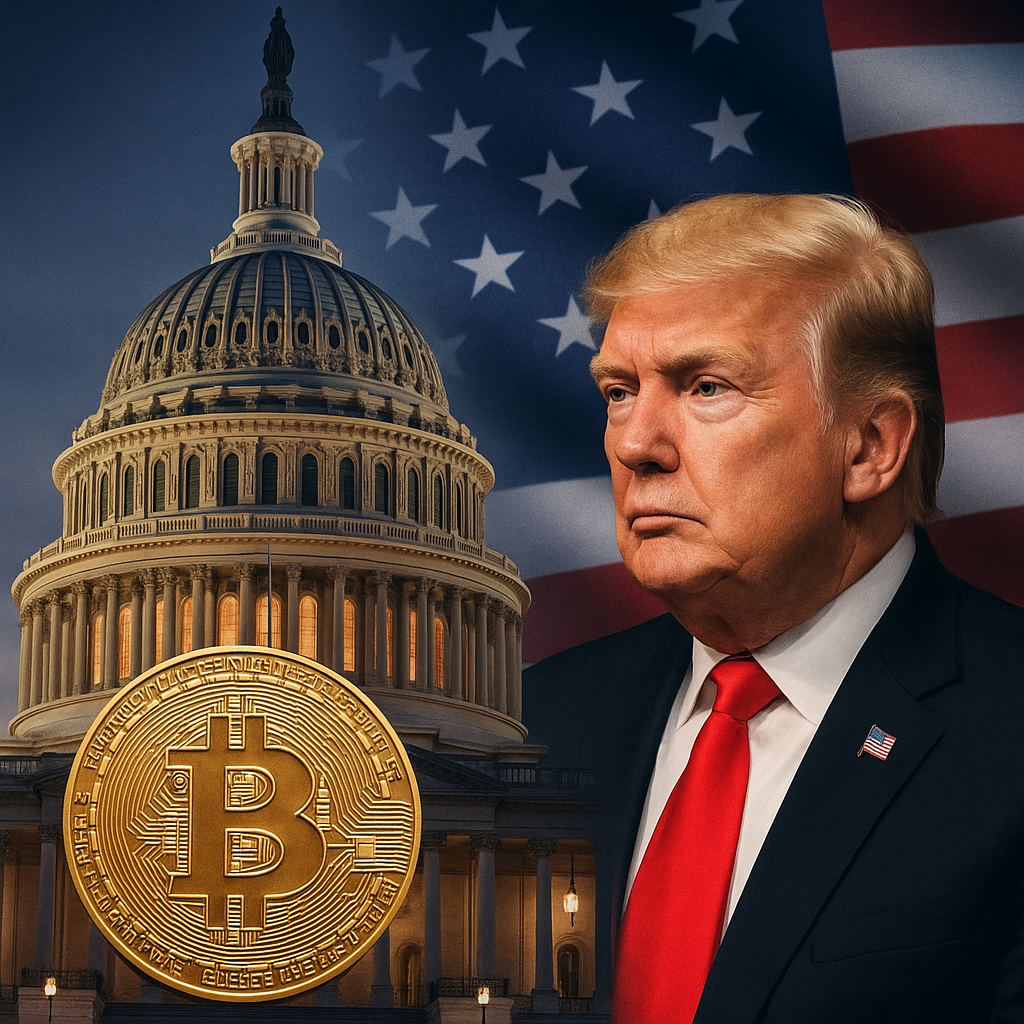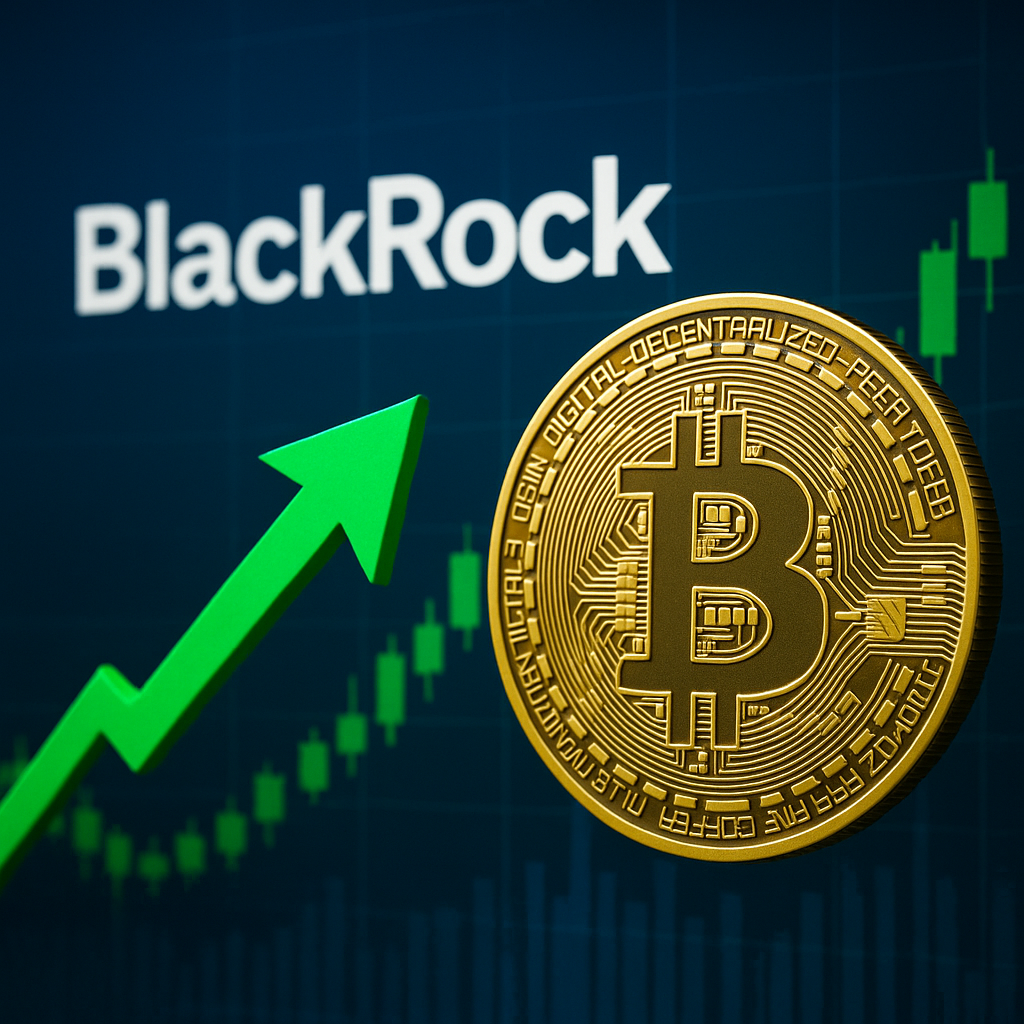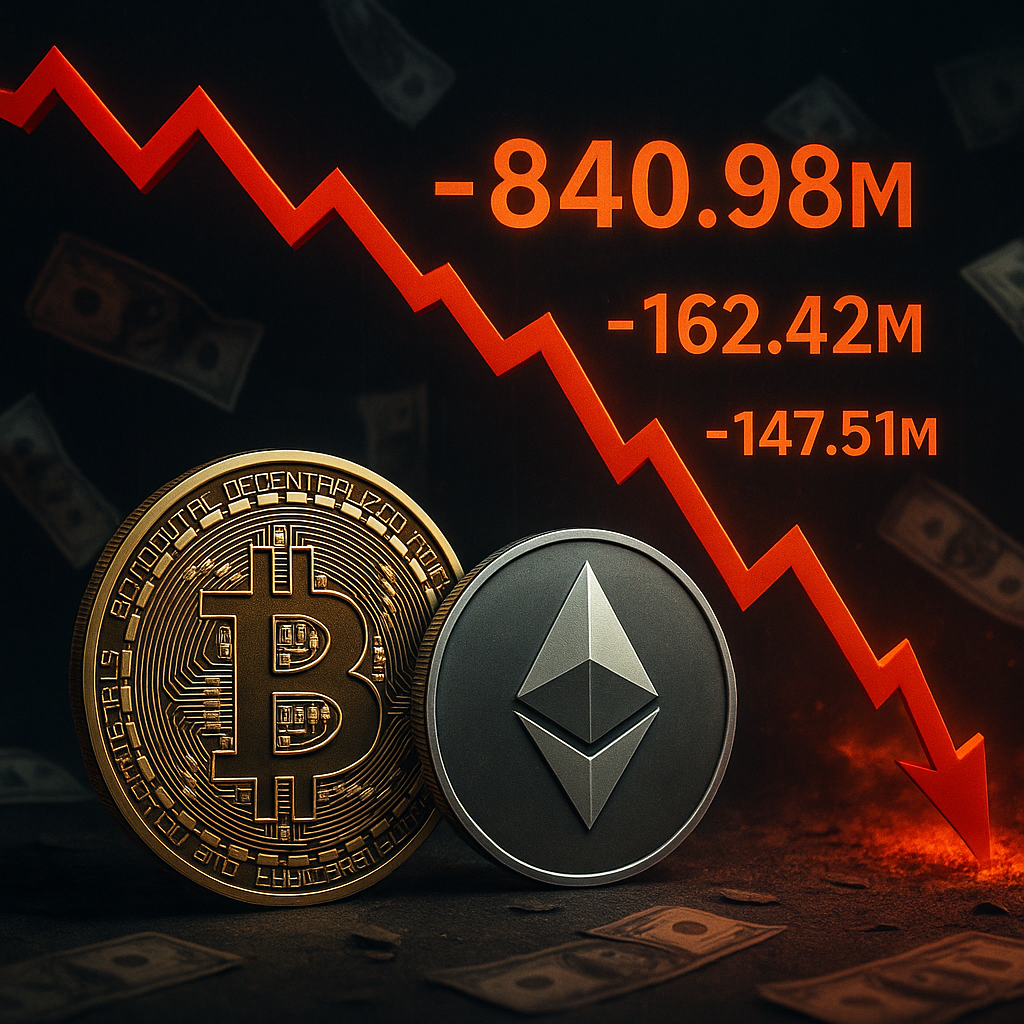The GENIUS Act heads back to the Senate floor for a vote in the coming days as lawmakers confront rising political tension over former President Donald Trump’s crypto affiliations.
At the Consensus 2025 conference in Toronto on May 15, Coinbase Chief Legal Officer Paul Grewal addressed the legislative standoff. He pointed out that although the Senate Banking Committee advanced the Guiding and Establishing National Innovation for US Stablecoins (GENIUS) Act in March, significant disputes remain unresolved, largely due to Trump’s growing involvement in the crypto sector.
“We’ve seen some hiccups,” Grewal said, highlighting partisan disagreements and Trump’s public support for specific memecoins. “That support complicates efforts to bring Democrats and Republicans together on regulating the spot market.”
Democratic lawmakers, including Senator Elizabeth Warren, have fiercely criticized Trump’s crypto project, World Liberty Financial, and its USD1 stablecoin, citing threats to consumer protection and financial security. While some Democrats continue to oppose the bill, others, such as Senator Kirsten Gillibrand, reportedly aim to revise parts of the bill that mention Trump directly in order to gain broader backing.
Despite the political rift, lawmakers continue to rally around the GENIUS Act. Punchbowl News reported that Democrats secured key concessions, including commitments to improve consumer protection, enforce Anti-Money Laundering rules, and enhance national security provisions.
As the Senate prepares for another vote, leaders on both sides must now decide whether they can overcome partisan resistance and push the GENIUS Act into law.
- Discover How Millions Are Earning Real Money Just by Playing Games — Tap Into the Trend Today!
House Advances Digital Asset Market Bill as Regulatory Debate Grows
Building on the stablecoin debate, the digital asset market structure bill is gaining momentum in the U.S. House of Representatives. Lawmakers are reviewing an updated version of the FIT21 bill, which passed in May 2024, aiming to create a clear legal framework for cryptocurrency markets.
However, Democratic representatives continue to resist the effort, criticizing what they call “Trump’s crypto corruption,” a reference to the former president’s controversial digital asset ventures.
Paul Grewal, speaking on how stablecoin progress could influence broader reforms, said recent developments would offer crucial insight.
“I expect we’ll learn a lot in the coming days, especially about stablecoin legislation,” Grewal said. “That progress will signal whether lawmakers have the political will to address these structural issues within the timeline laid out by the White House and Congress.”






